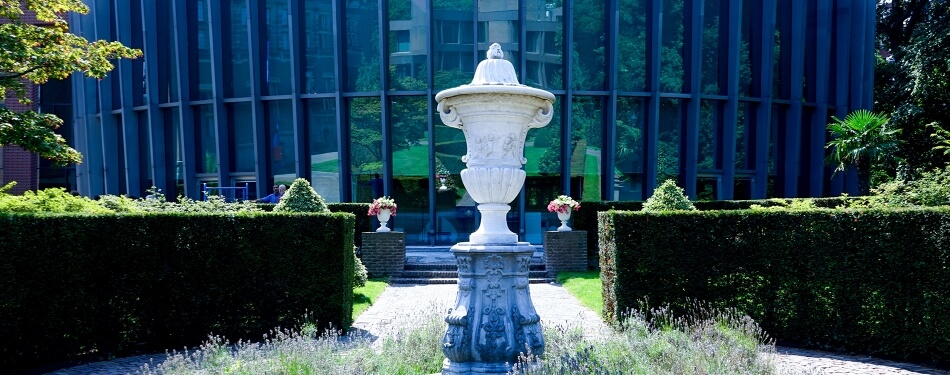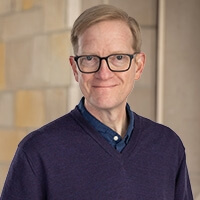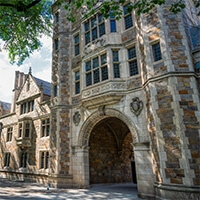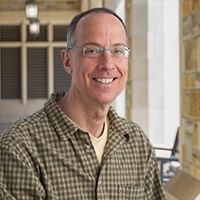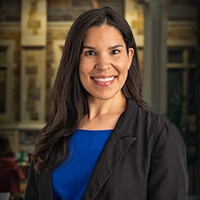Professor Steven Ratner has accepted an invitation from the Hague Academy of International Law to give a specialized course to its students. The academy selects very few American legal scholars for this honor.
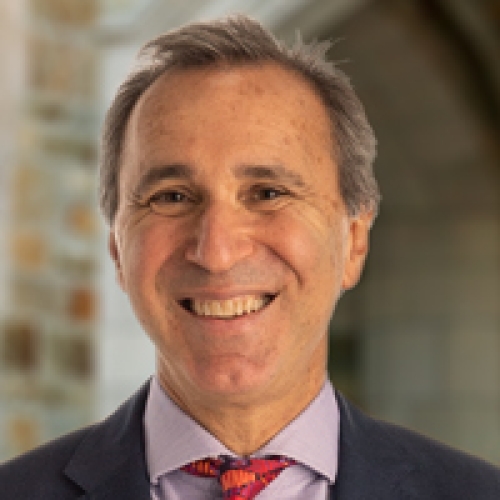
Ratner, the Bruno Simma Collegiate Professor of Law and director of the University of Michigan Donia Human Rights Center, was selected by the Hague Academy’s Curatorium, a group of IL scholars from around the world.
“I’m very honored to be selected to give a course there, especially as the academy does not often invite academics from US institutions. I’m also pleased that my lectures will be part of the Recueil des Cours [the courses’ resulting publications] and distributed widely,” said Ratner.
Founded in 1923, The Hague Academy is one of the oldest institutions in public and private international law. Its courses attract top international law students and practitioners from around the world, who are admitted through a selective process to attend a three-week term in either winter or summer. Students who receive a diploma for their work have to pass a rigorous exam.
“So when you see that someone has attended a session there or received a diploma, you know they have a deep exposure to international law,” said Ratner.
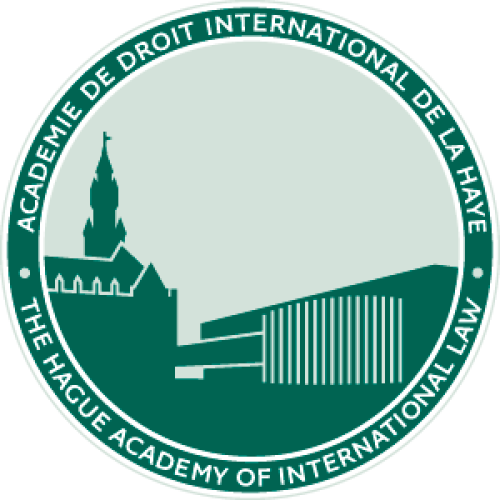
“The publications resulting from the courses—the Recueil des Cours—are an essential reference work for international lawyers,” he added.
Ratner teaches and writes on a range of issues, including war and peace, human rights, foreign investment, the United Nations, territorial and ethnic-based disputes, and business and human rights. He is also interested in the intersection of international law and political philosophy and other theoretical issues.
He has served as part of a three-person group of experts to consider options for bringing the Khmer Rouge to justice in Cambodia; was a member of the UN’s three-person Panel of Experts on Accountability in Sri Lanka; and was a commissioner on the UN Human Rights Council’s three-person International Commission of Human Rights Experts on Ethiopia. Since 2015, he has been a member of an international working group promoting the use of arbitration concerning business violations of human rights.
“Steve is among the great American international lawyers of our day, and one of the world’s leading philosophers of international law. His invitation to deliver a course at the Hague Academy of International Law is a rare and special honor in our field, and a testament to his recognition around the world,” said Professor Julian Arato, faculty director of Michigan Law’s Center for International and Comparative Law and director of its Program on Law and the Global Economy.
“Of course this honor comes as no surprise to us here in Ann Arbor, where Steve has been a pillar of our world-class international law program for more than two decades. He has long been a leader in all that we have been able to achieve in the study of international law at Michigan Law School and within the broader university. We count ourselves lucky to have him as a colleague, mentor, and teacher.”
Ratner, who will not teach his course until 2029, is the fifth Michigan Law professor to be tapped by The Hague Academy.
Most recently, Anne Peters, an L. Bates Lea Global Professor of Law at Michigan Law and director at the Max Planck Institute for Comparative Public Law and International Law in Germany, taught at the academy in 2020. Bruno Simma, a professor of law through 2021, taught at the academy in 1994.
Earlier, the academy welcomed two Michigan Law faculty who were pioneers in the fields of international and comparative law, Eric Stein, the Hessel E. Yntema Professor of Law Emeritus, in 1971, and William W. Bishop Jr., ’31, the Edwin DeWitt Dickinson Professor of Law Emeritus, in 1961 and 1965.

